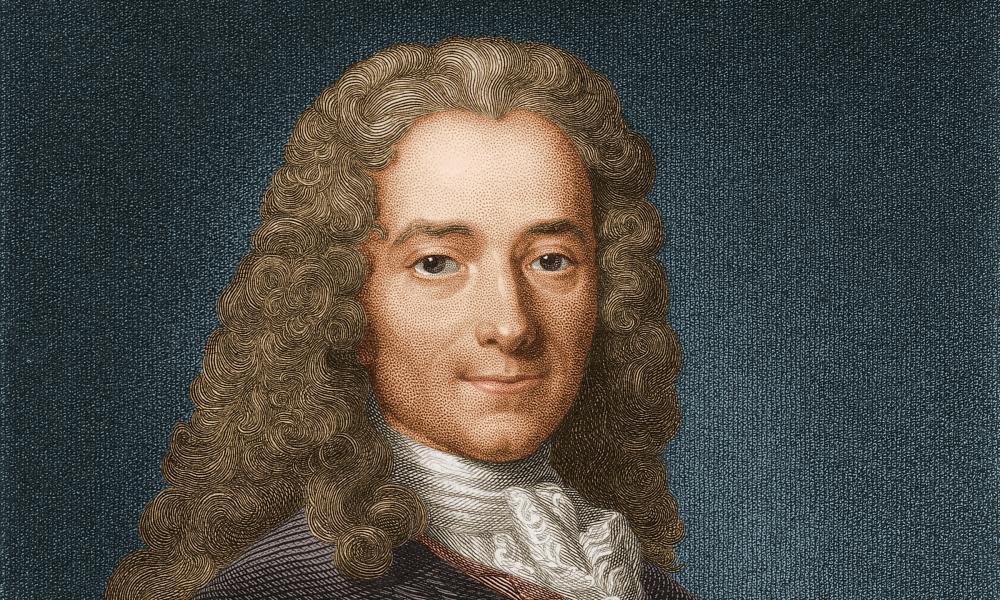Is the answer that we have run out of good questions?

John Brockman has run out of questions. Brockman, a literary agent, runs the science and philosophy site Edge.org. Every year for 20 years, he has asked leading thinkers to answer a particular question, such as: “What questions have disappeared?” or: “What do you believe is true even though you cannot prove it?” This year, though, Brockman announced that he has no more questions left. So he asked his final question: “What is the last question?”
“Judge a man by his questions rather than by his answers,” Voltaire insisted. Questions help us define what we don’t know and force us or others to justify what we think we do know.
Asking questions is relatively easy. Asking good questions is surprisingly difficult. A bad question searches for an answer that confirms what we already know. A good question helps to reset our intellectual horizons. It has an answer that we can reach, yet unsettles what we already know.
We live in an age that seems peculiarly averse to questions. When we talk of “polarised societies” or of “entrenched positions”, and of “living in echo chambers”, what we’re really saying is that we do not ask sufficient questions, of others and most especially of ourselves.
I doubt that Brockman has run out of questions. It is possible that he has run out of questions that he deems sufficiently good. Perhaps the best, certainly the wittiest, answer was given more than 50 years ago by Isaac Asimov in his short story The Last Question. I won’t spoil the story by retelling it (the punchline is in the very final sentence). A computer is asked how to stop the universe from dying. By the time it figures out a solution the universe is dead. Without anyone left to whom to give its answer, the computer, called AC, decides to demonstrate it instead:
“And AC said, ‘LET THERE BE LIGHT!’ And there was light.”
It’s a brilliant punchline, tying together questions and answers, science and religion. To be human, Asimov suggests, is to ask questions. When we run out of questions, we cease being human, too.

 Yahoo News
Yahoo News 
